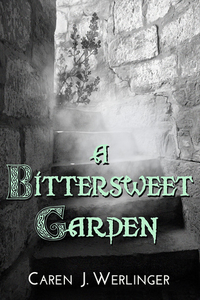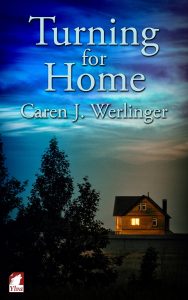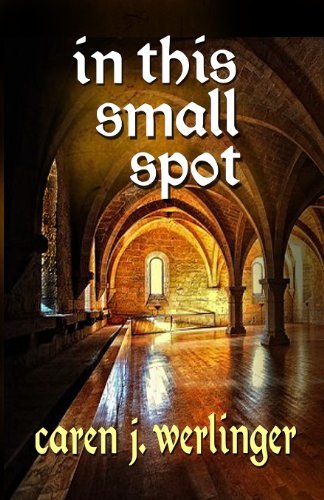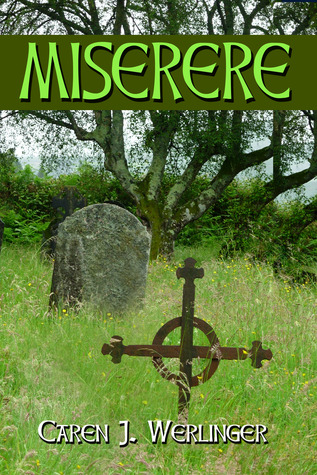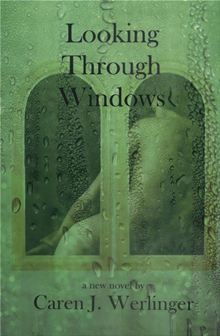Ireland? Ghosts? A hot horse trainer? What more could you ask for?!
Nora is spending her summer exploring the Irish town her grandparents hail from when she discovers her cottage is haunted by a tragic history. She falls in love with the country and the people, her cousins and new friends (and one friend that could turn into more), but her vacation soon takes a drastic turn. She’s started sleepwalking and having awful nightmares, and she won’t leave the cottage for anything or anyone.
Briana has lived in relative solitude–by choice. She works with horses, a job she’s passionate about, has a few friends, and a family she rarely visits. Ever since an accident years ago that she refuses to talk about, she hasn’t let herself grown close to anyone. All of that changes when Nora moves to town and ruffles her feathers.
I won’t lie, I wasn’t very engaged with this book for the first third. The plot took its time getting off the ground, but once it did, I was all in! The author makes sure to set the stage for what’s about to happen so that once it does, you can’t stop reading. As the paranormal happenings rise, tensions between Nora and Briana, as well as with her cousin, rise as well. The relationships you’ve spent so much time reading about developing are now at great risk, and so is Nora.
The characters felt real and interesting. Nora had a full personality with a character arc that I felt was complete by the end. The same can be said for Briana, who was a nice contrast point-of-view character to Nora as their perspectives on haunted cottage vary more and more drastically as the book goes on. Their romance was soft and a slow burn that also had its hot moments. It was nice to watch them grow closer over the course of the book.
Nora’s cousins and friends Sheila and Quinn were good side characters that felt real and added to the story. It was fun to see Nora explore her Irish roots and grow some new ones in her grandparent’s new town through Sheila and Quinn and other family members she meets along the way.
The paranormal aspect of the story was a lot better than I expected. I thought it would be more subdued, but as the ghost–or ghosts–drag Nora into their past, I was dragged along as well. It was also nicely wrapped into Irish history and I enjoyed how the setting played a character of its own.
Overall, this was a fun and enjoyable read. If you’re looking for a paranormal mystery with some subdued romance, this is the book for you!

